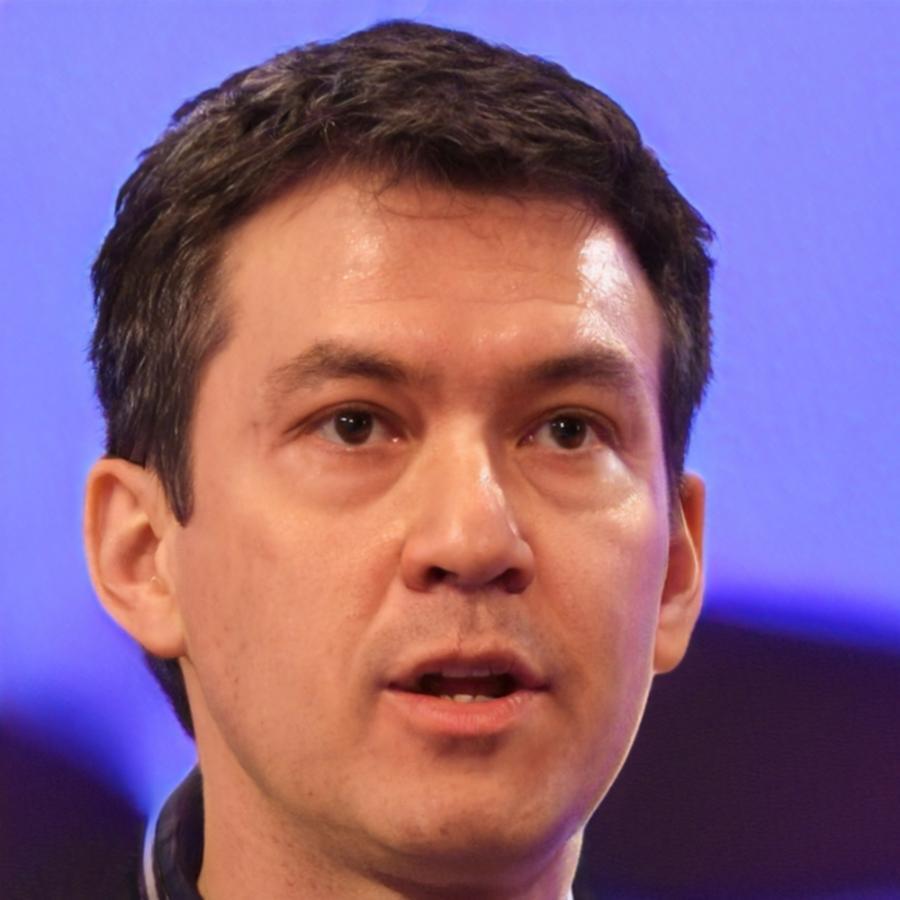Financial Education That Transforms How Teams Work
We help businesses build stronger financial foundations through practical training programs designed for real workplace challenges. Our approach focuses on measurable skill development rather than generic theory.
Over the past six years working with companies across Thailand, we've noticed something. Most financial training misses the mark because it treats everyone the same. A sales manager doesn't need the same depth in cost accounting as someone in operations. And frankly, sitting through material that doesn't apply to your daily work is frustrating for everyone involved.
Context Matters
We start by understanding what your team actually does day-to-day. Then we build training around those specific scenarios. When people see how the concepts apply to their current projects, retention goes way up.
Skills Over Certificates
Sure, participants receive completion documentation. But what we really care about is whether they can apply the methods next week when they're back at their desks working on actual business problems.
Built for Busy Schedules
Nobody has time for three-day offsite workshops anymore. Our modules fit into normal work weeks, with flexible scheduling that accommodates different time zones and remote participants when needed.
Ongoing Support Access
Questions come up weeks after training ends. That's normal. Participants can reach out when they hit real implementation challenges, and we provide guidance based on their specific situation.

How We Approach Client Work
Last year, we worked with a mid-sized manufacturing company whose finance team struggled with variance analysis. Instead of teaching textbook formulas, we spent the first session reviewing their actual production reports and cost structures.
By the third session, participants were identifying cost drivers specific to their operations. The company reported better budget accuracy within two quarters, though results naturally vary depending on how consistently teams apply what they learn.
That's the kind of practical outcome we aim for—not dramatic overnight changes, but steady improvement in decision-making capabilities.
Program Formats That Fit Your Team
We've found that one-size-fits-all training doesn't work. Some teams need intensive deep-dives, others prefer gradual learning spread over several weeks. Here's how we typically structure programs, though everything can be adjusted based on your specific needs.
Intensive Workshop Format
Two full days focused on a specific financial analysis area. Works well when teams need to get everyone up to speed quickly on new tools or methods. Usually includes live case work using your company data.
Extended Learning Series
Six to eight sessions spread over three months, with weekly or bi-weekly meetings. Participants have time to practice concepts between sessions and bring back questions. This format tends to have better long-term retention.
Hybrid Approach
Combines initial in-person kickoff with follow-up virtual sessions. Good for companies with multiple locations or remote team members. Core concepts covered together, then specialized topics handled in smaller groups.
Custom Department Focus
Programs designed around specific department needs—sales forecasting for commercial teams, project costing for operations, or budget planning for department heads. Content reflects actual workflows and reporting structures.
Upcoming Program Availability
We're currently scheduling programs for September 2025 through March 2026. Most engagements require 6-8 weeks lead time for proper customization and material preparation. If you're interested in Q4 2025 delivery, reaching out by June would be ideal.

Common Questions About Our Programs
Based on conversations with companies considering our training, here are the questions that come up most often. If you don't see your specific situation addressed, feel free to reach out directly.
Program Basics
What size teams do you typically work with?
Most of our programs work best with 8-20 participants. Smaller groups allow for more personalized attention and case-specific discussion. We've done larger groups, but the interactivity suffers a bit. For companies with larger needs, we often run multiple sessions or train internal facilitators who can cascade learning to broader teams.
How customized are the programs?
Quite a bit, honestly. We have core frameworks we teach, but the examples, case studies, and practice exercises use your industry context and often your actual data (with appropriate confidentiality protections). The prep work takes time, which is why we need that 6-8 week lead time mentioned earlier.
Can programs be delivered virtually?
Yes, though we've found that certain topics work better in person. Complex financial modeling benefits from being able to walk around and look at people's screens. But for conceptual topics or follow-up sessions, virtual delivery works fine. Many clients do a hybrid—initial session in person, follow-ups virtual.
Enrollment and Logistics
What's the typical timeline from initial contact to program delivery?
Initial consultation usually happens within a week of contact. Then we spend 2-3 weeks on needs assessment and program design. Once you approve the approach, we need another 3-4 weeks for material development. So figure roughly 8-10 weeks total, though we've compressed that when clients had urgent needs.
Do participants need specific prerequisites?
Depends on the program level. For foundational programs, just basic familiarity with spreadsheets and business operations is fine. Advanced programs assume participants understand core financial statements and have worked with budgets or forecasts before. We assess this during the design phase to make sure we pitch material appropriately.
What happens if participants can't attend all sessions?
For intensive workshops, we provide session recordings and materials for anyone who misses portions. In extended series, some flexibility is built in—we recap key points each session. That said, attendance consistency really affects outcomes. People who attend sporadically tend to struggle with continuity.
Outcomes and Support
How do you measure program effectiveness?
We look at both immediate and delayed indicators. Right after completion, we assess whether participants can apply concepts to case scenarios. Then 60-90 days later, we check in about actual workplace application. The real test is whether teams are using the methods in their regular workflow, not just whether they understood them during training.
What kind of post-program support is included?
All programs include 90 days of email support for implementation questions. Participants can send specific scenarios they're working through, and we provide guidance. Some clients also add optional follow-up coaching sessions at 30 and 60 days for more structured check-ins.

Kasper Lindholm
Lead Program Facilitator
Spent fifteen years in corporate finance before switching to training. Specializes in variance analysis and forecasting methods for manufacturing and distribution companies.

Dragan Petrović
Curriculum Design Specialist
Designs program content and case materials. Background in both education and financial consulting helps bridge theory and practical application effectively.